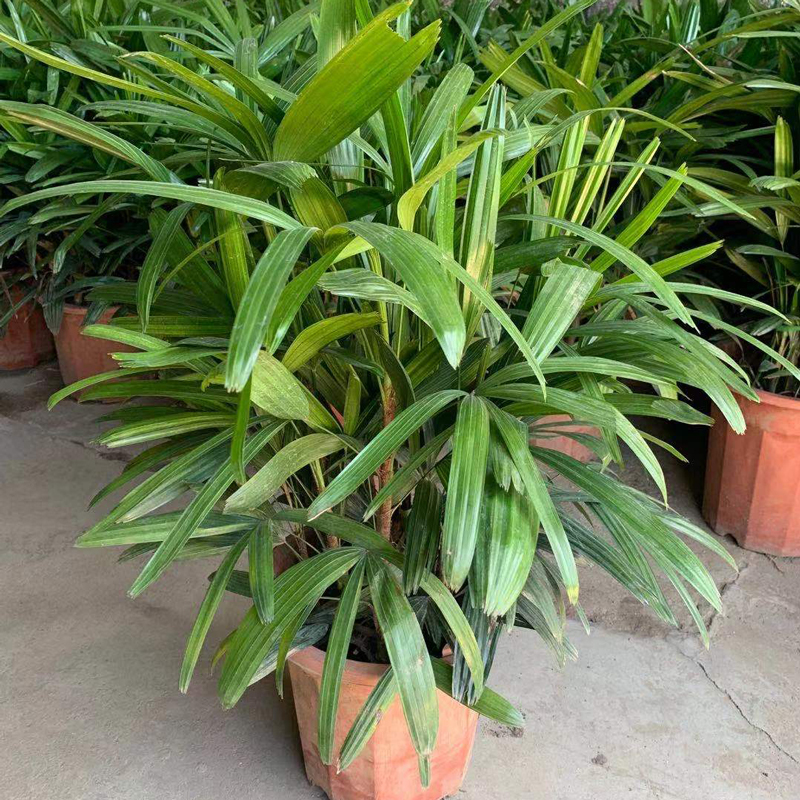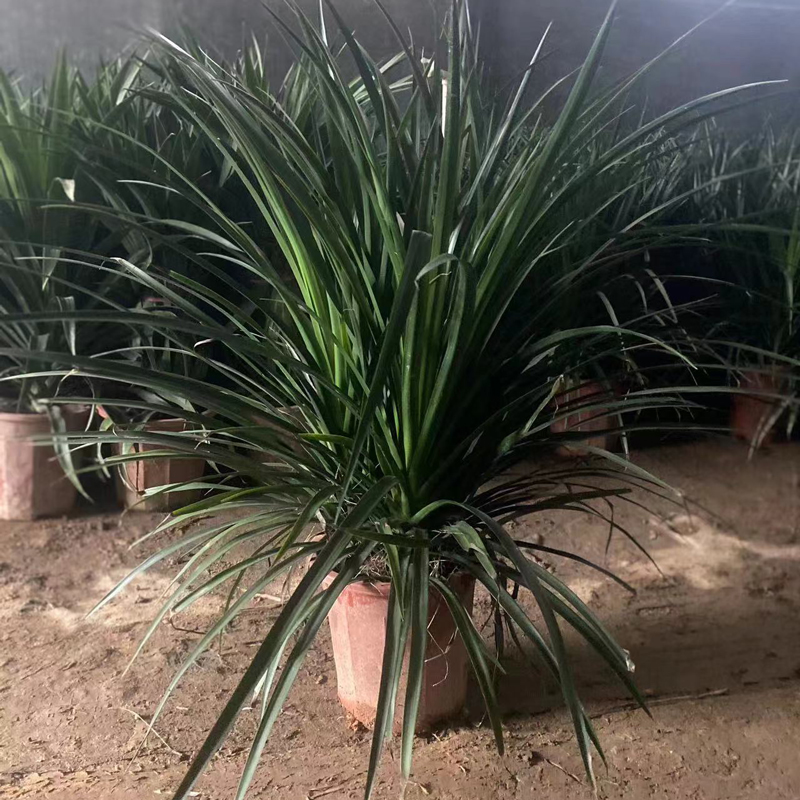
Chinese manufacturers Eugene (from Brazil)
Chinese manufacturers Eugene (from Brazil)
Brazilian Evgenia, better known as Pitanga, is a small, but incredibly aromatic fruit tree. Its fruits, juicy and sweet and sour, with a bright aroma, inspire cooks and manufacturers around the world. And, of course, Chinese companies play a noticeable role among them. But how are Chinese manufacturers associated with this South American treasure?
From plantations to production workshops
Chinese companies, thanks to their developed technologies and production scale, are actively involved in the supply chain of Evgenia. They not only purchase raw materials - the fruits of the pants themselves - from the Brazilian farmers, but also often invest in the development of plantations, providing a stable flow of products. This cooperation is mutually beneficial: Brazilian farmers gain access to markets, and Chinese companies - to quality raw materials. However, it is important to note that this interaction is not without its nuances. Questions of fair price and environmentally responsible farming remain relevant and require careful control.
Processing and export of finished products
After gathering the crop, Pitang is processing. Chinese manufacturers are actively involved in this stage, creating processing enterprises both in Brazil and in China. Juice, jams, jams, as well as various extracts used in the food industry, cosmetics and even pharmaceuticals are made from pitanga. Thanks to the capacities of Chinese companies, processed products from Eugene are available not only in the Asian markets, but also spreads around the world. This opens up new opportunities for the Brazilian farmers and helps to popularize the unique taste of this exotic fruit.
Prospects for development and cooperation
Cooperation between Chinese manufacturers and Brazilian suppliers Eugene has great potential for further development. Both states are interested in expanding trade relations and strengthening economic relations. However, in order to achieve a sustainable and fair partnership, it is necessary to take into account environmental aspects, provide fair wages and develop transparent trading mechanisms. Only in this case, cooperation will benefit both Brazilian manufacturers and Chinese companies, as well as consumers around the world who can enjoy the unique taste of Evgenia Brazilian.
AppropriateProducts
Corresponding products
The best soldproducts
The best -selling products-
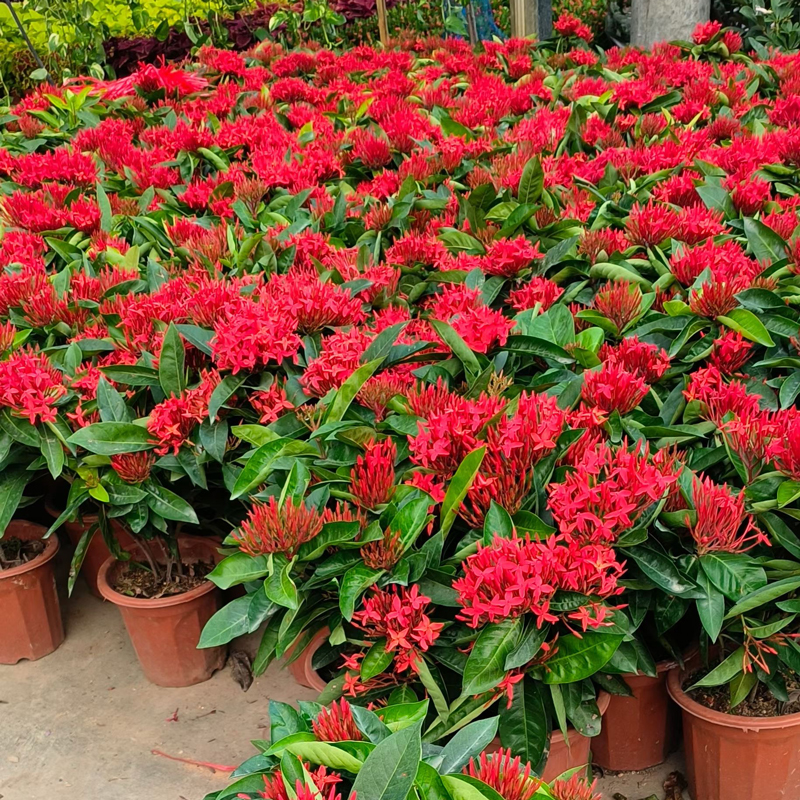 View Plants-Tsvetes of boat-Dragon
View Plants-Tsvetes of boat-Dragon -
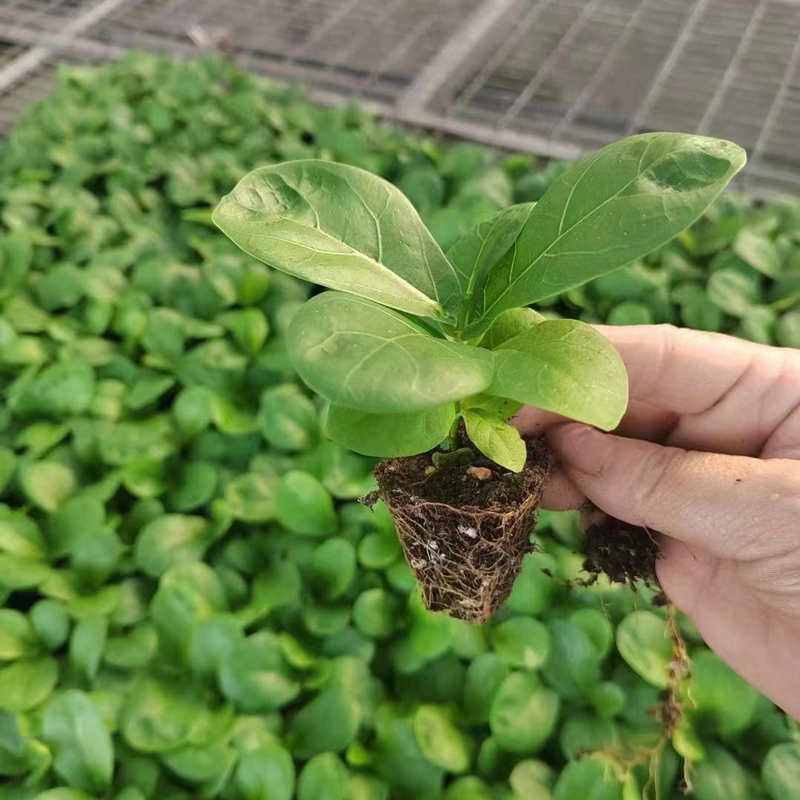 Growing seeds-ficus with violin leaves
Growing seeds-ficus with violin leaves -
 See the Bugenville plants
See the Bugenville plants -
 View Plants-Dress
View Plants-Dress -
 Ficus volcanic
Ficus volcanic -
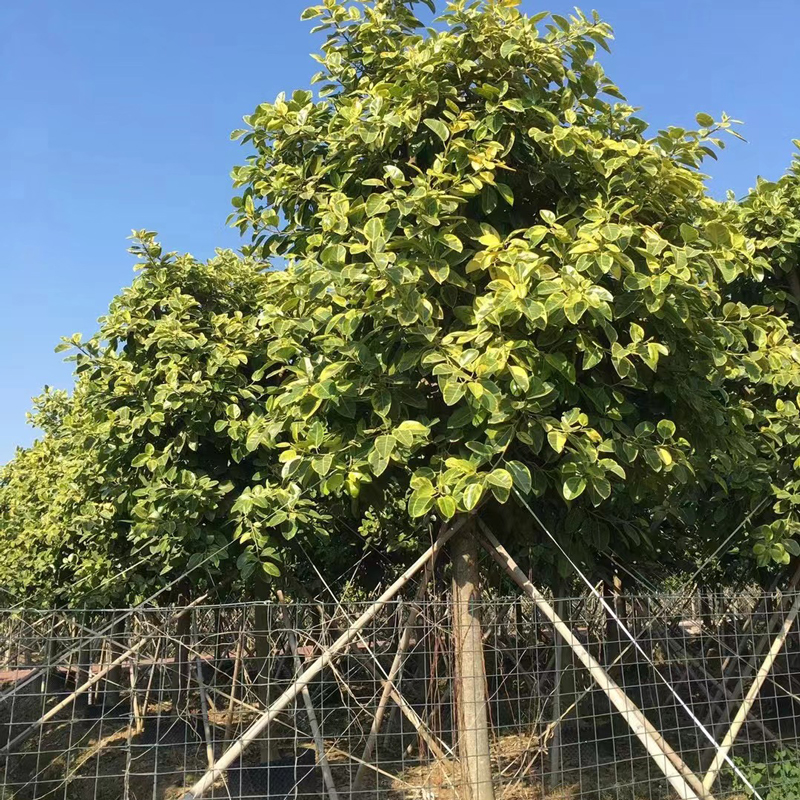 Subtropical plants-Banyan wood
Subtropical plants-Banyan wood -
 Ornamental - a large red flower.
Ornamental - a large red flower. -
 Growing cacti and meat plants, desert rosemen-ficus with violin leaves
Growing cacti and meat plants, desert rosemen-ficus with violin leaves -
 Palm Palma-Palma Washingtonia
Palm Palma-Palma Washingtonia -
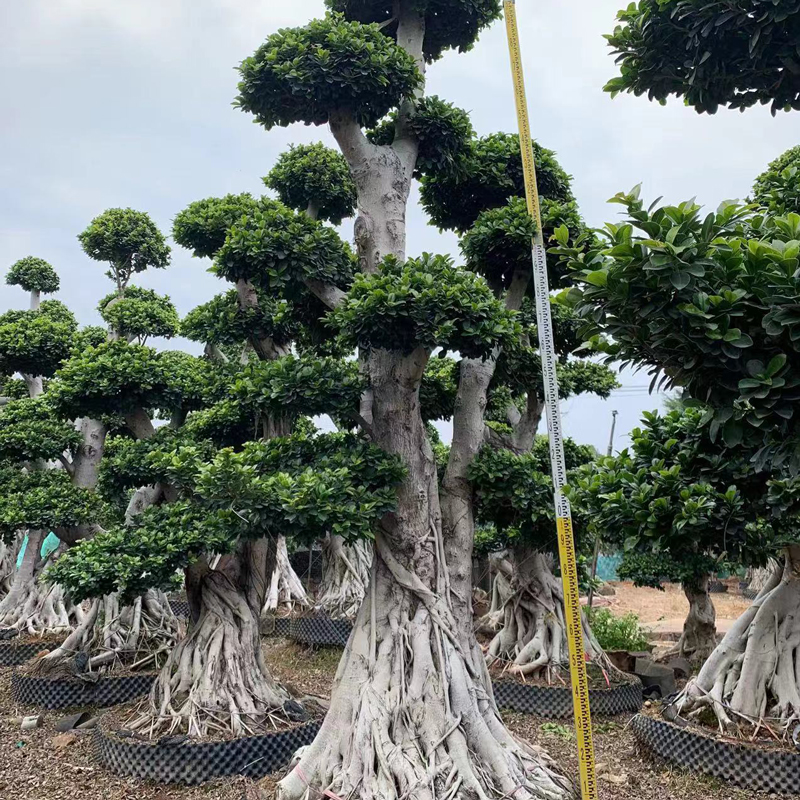 Stylish Banyan tree plants
Stylish Banyan tree plants -
 View plants-green treasures
View plants-green treasures -
 Subtropical plants-stone wood
Subtropical plants-stone wood















